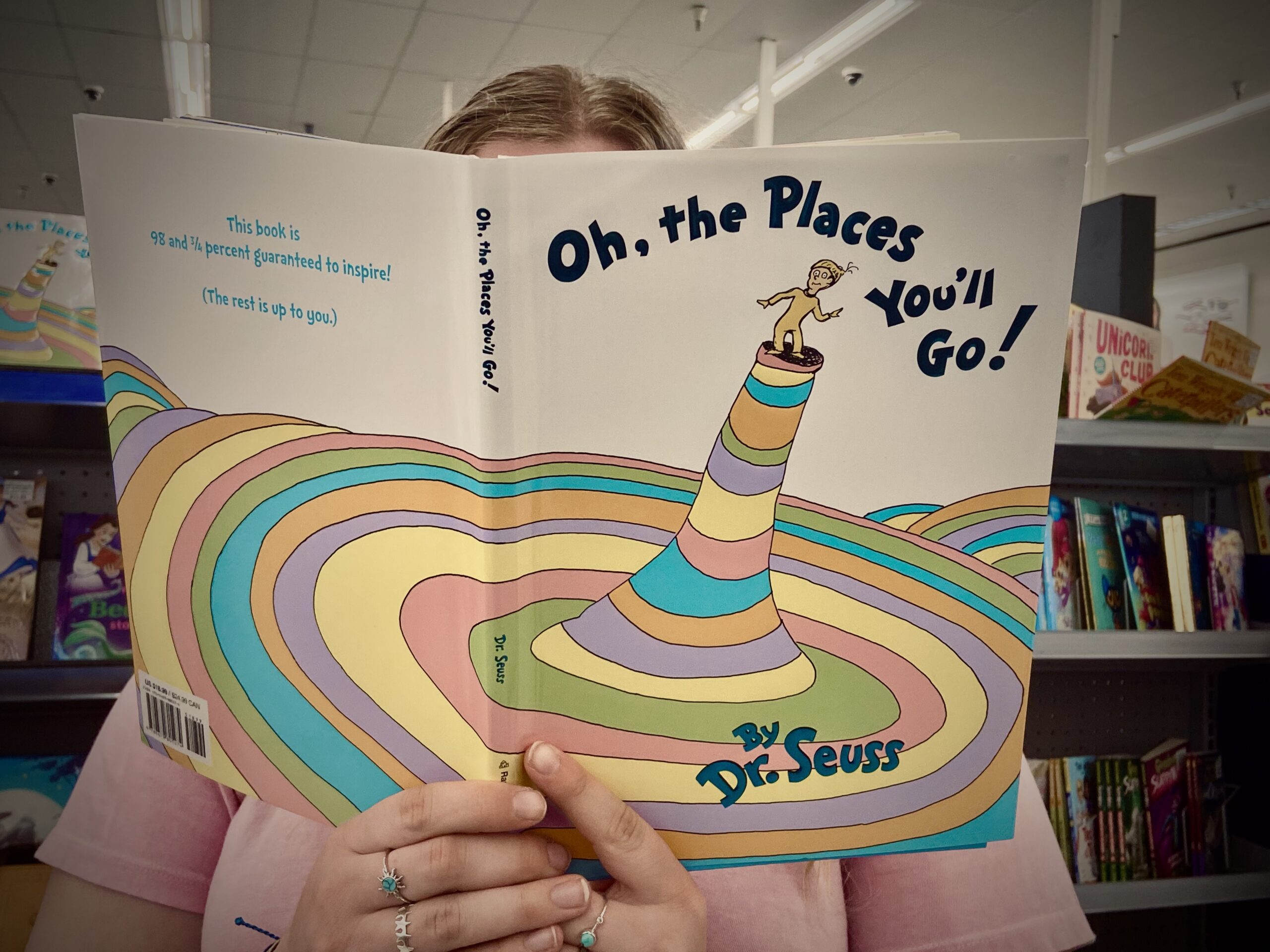Everyone has their opinions on cancel culture. Many people believe that it is toxic and should stop because of the ideology that people who support cancel culture believe. Some believe that companies discontinuing products and/or changing products is a result of cancel culture. A recent example of this is the Seuss estate stopping the production of six of Dr. Seuss’s books because
of racially insensitive things that occur in them.
The Seuss estate has decided to stop publishing six of Seuss’s books. These include “And to Think That I Saw It on Mulberry Street”, “If I Ran the Zoo”, “McElligot’s Pool”, “On Beyond Zebra!”, “Scrambled Eggs Super!”, and “The Cat’s Quizzer”.
The estate decided to stop publishing these titles because of racist imagery within the books. And to Think That I Saw It on Mulberry Street features a character described as a Chinaman, who has lines for eyes, wears a pointed hat, and carries chopsticks and a bowl of rice.
The book If I Ran the Zoo features two characters from an African island who are shirtless, shoeless and resemble monkeys.
One major thing is the question of whether or not it is okay to curate an author’s work to conform to society. Philip Nel, a children’s literature scholar at Kansas State University said, “There are parts of [Dr. Seuss’] legacy one should honor, and parts of his legacy that one should not.”
This is a claim many are likely to agree with; no one should have their racism honored or celebrated. Contrary to popular belief, mostly from conservatives, Dr. Seuss is not being cancelled and no one is cancelling him. His own estate decided to stop publishing books of the late author that depicted racist imagery. One accomplishment that is coming from the shelving of these books is that children’s literature is becoming more inclusive.
In the past, there have been very few books that included a diverse selection of characters of different cultures and backgrounds.
Rebekah Fitzsimmons, an assistant professor at Carnegie Mellon University tweeted, “The books we share with our children matter. Books shape their world view and tell them how to relate to the people, places, and ideas around them. As grown-ups, we have to examine the worldview we are creating for our children, including carefully re-examining our favorites.”
Not only could white children possibly see these racist images in these books and think it’s okay, but children of color could get upset or be offended by these images.
To add, the estate’s decision did not come out of nowhere. This decision has come from years of criticism of Seuss’ books. According to NBC News, criticisms of Seuss’ work goes as far back as the 1980’s. Also, in 2017, a Seuss museum in Massachusetts vowed to replace images from “And to Think That I Saw It on Mulberry Street.”
While cancel culture is considered toxic by most, and many people consider what is happening with the Dr. Seuss books as cancel culture, that is simply not the case. Dr. Seuss’ own company made the decision to stop producing six of his non-popular books. The Seuss estate probably does not want racism attached to the late author’s name.
Photo by Emma Crouch




